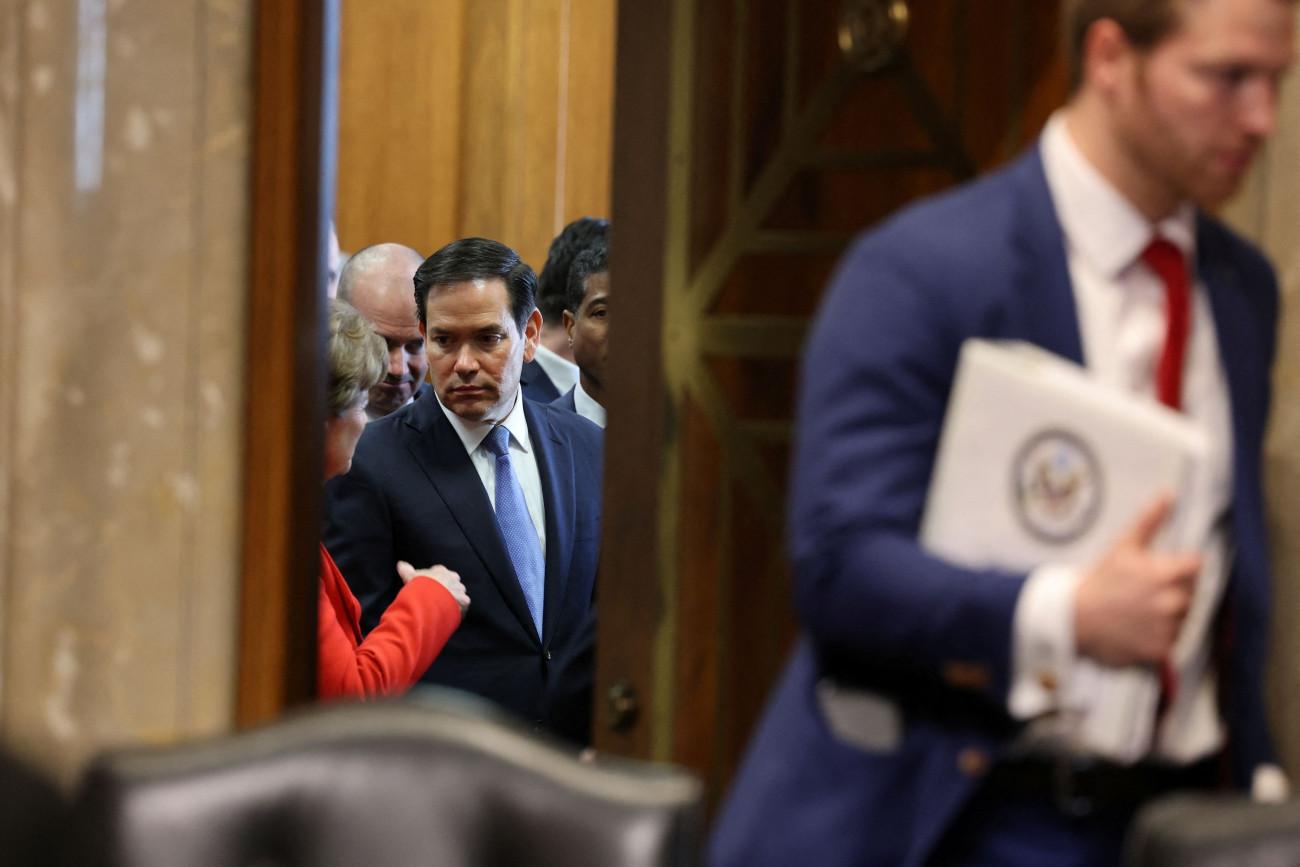IMF. Portugal must have a « most flexible budget policy in 2025 »

Position comes a day after the spring forecasts of the European Commission, more pessimistic than those of the Portuguese government.
For the International Monetary Fund (IMF), Portugal is expected to bet on a more flexible budgetary policy this year due to the economic impact of commercial tensions caused by US tariffs, asking even more public investment to increase long-term growth.
« When we look at our long -term budget forecast, Portugal should continue to have a primary surplus and reduce public debt, » the director of IMF, Alfred Kammer told Lusa.
And, in his view, “Portugal needs medium term is an increase in public investment”.
For Alfred Kammer, the “total absorption” of the funds and the implementation of the reforms supported by the Plan of Recovery and Resilience (PRR) “are especially important” and it is likely to think of a program that succeeds it.
« The implementation of PRR, both on the public investment side and on the side of structural reforms, is crucial because it will help increase productivity and long -term growth, » he said.
In addition, “when this program ends (in 2027), maintaining the same level of investment will have to be funded by the Portuguese budget and, of course, we need to have budgetary space to do so,” he suggested.
Alfred Kammer also argued that « additional space can be created through a series of reforms that the IMF has been discussing with the government, including tax reform and the use of expense revisions to increase efficiency. »
« And we also need to think about how to deal with additional pressures on expenses (resulting from the aging of the population, the ecological transition, the defense) using part of this budget space, » he also proposed.
The position comes a day after the spring forecasts of the European Commission, more pessimistic than those of the Portuguese government.
The community executive estimated that Portugal will have a budget surplus of 0.1% of Gross Domestic Product (GDP) this year, which will become a deficit of 0.6% by 2026.
These calculations represent a low -level review of November forecasts, when Brussels perspective a 0.4% surplus this year, and are also more pessimistic than estimates registered in the state budget to 2025 (OE2025).
At the same time, the community executive has reviewed the predictions for the growth of the Portuguese economy this year to 1.8%, but is now confident that GDP will grow 2.2% by 2026.
In April, the IMF projected an surplus for Portugal of 0.5% of GDP this year and 0.1% in 2026 and reviewed the Portuguese GDP predictions this year, to 2%, compared to October and below government forecasts.








